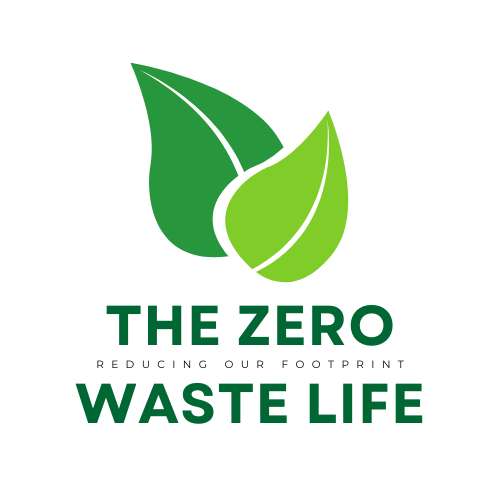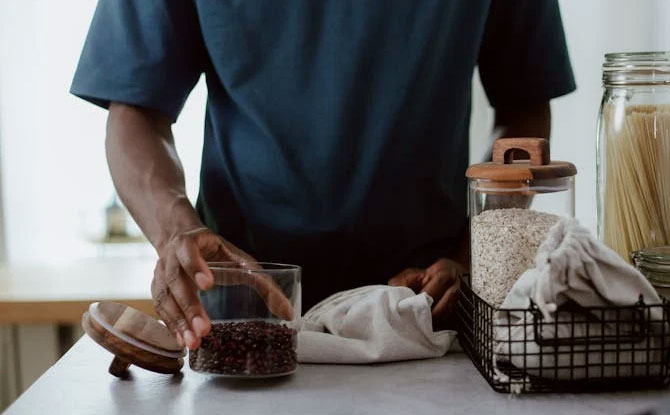As the holiday season comes near, many families in the United States get ready for big meals. These meals often result in a lot of food going to waste. The U.S. Department of Agriculture says food waste goes up a lot during holidays. This is bad for the environment and our economy.
It’s important to use sustainable holiday tips and manage food waste well during holidays. This can help solve the problem.
In this guide, we’ll show you simple ways to reduce holiday food waste. We’ll talk about planning meals, smart shopping, and understanding when food expires. These tips will make your holiday season more sustainable and waste-free.
Plan Ahead and Shop Smart
Planning ahead is key for holiday meals. Start with meal planning tips based on your guest list. Whether it’s a small family dinner or a large feast, knowing your portion sizes helps avoid waste.
Begin your shopping list at home. Check your pantry and fridge before you go. This helps you avoid buying what you already have. It also helps you find ingredients for more than one dish, saving money and reducing waste.
Buy in bulk items with little packaging. This cuts down on waste and ensures you have enough for all your recipes. A good shopping list helps you avoid buying too much, which can lead to waste.
Follow these meal planning tips and make a detailed shopping list. This way, you can enjoy your holiday preparations without the stress of waste. Happy planning!
Store Food Properly to Extend Freshness
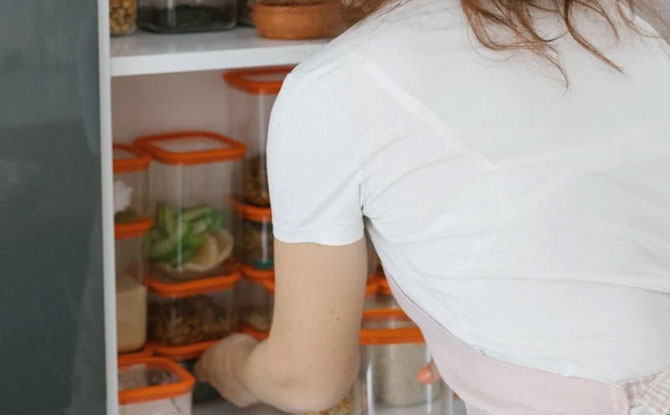
Keeping food fresh is key to reducing waste. Organize your fridge, pantry, and freezer well. Bananas should be kept separate from other fruits because they release ethylene gas. This gas makes fruits ripen faster.
Use airtight containers for leftovers and perishables. This helps keep them fresh longer. In the fridge, raw meats go on lower shelves to avoid contamination. Dairy goes in the coldest spot.
Label food clearly and check expiration dates. Store pantry items in cool, dry places. This keeps them fresh longer.
In the freezer, portion meals and use vacuum-sealed bags to prevent freezer burn. Freezing fruits and veggies on a baking sheet first helps keep their texture and nutrients. These steps help food last longer, reducing holiday waste.
Make the Most of Leftovers
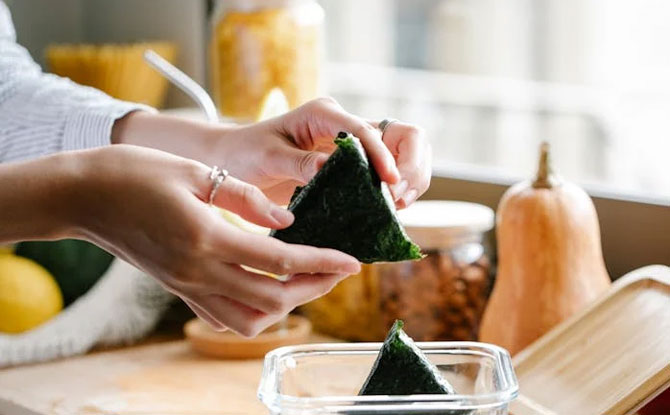
Leftovers don’t have to be boring. They’re a great chance to get creative in the kitchen. Turning leftover turkey, stuffing, or mashed potatoes into new dishes can be very rewarding.
One great idea is to make a turkey pot pie or a hearty turkey soup. Add fresh veggies and rich broth to give your turkey a new flavor.
Mashed potatoes can also be turned into something special. Shape them into patties and fry them until they’re crispy. These mashed potato pancakes are perfect for breakfast or dinner.
Extra stuffing can be used to make a tasty stuffing-stuffed bell pepper. Just add leftover protein and cheese, then bake until it’s tender. It’s a fun way to enjoy your holiday leftovers.
Think of leftovers as ingredients for your next dish, not scraps. By using leftover recipes and trying new things, you can make the most of your holiday food.
Understand Food Expiration Dates
Food expiration dates can be confusing. But knowing the different labels helps you make better choices. This reduces waste and keeps food safe. You’ll often see “sell-by,” “use-by,” and “best before” labels.
The sell-by date tells stores when to stop selling a product. It keeps food fresh for buyers. But, it doesn’t mean the food is no longer safe to eat. Products can still be safe after the sell-by date, if stored right.
The use-by date is key for safety. It’s when the product should be used for the best taste and quality. Eating food after this date can be risky and is not recommended.
The best before date focuses on quality, not safety. It’s when the product is at its best. Even after this date, food is usually still safe to eat. But, it might not taste as good or have the same texture.
Following these guidelines helps avoid throwing away good food. Check the food’s condition before tossing it. If it looks, smells, and tastes good, it’s likely okay. Always choose safety first if you’re unsure.
Freeze to Preserve
Freezing is a great way to keep food fresh for months. It’s especially useful for holiday leftovers. To freeze food well, use the right freezing techniques. Start by wrapping food in materials safe for the freezer.
This stops freezer burn and keeps food quality high. Good choices include aluminum foil, plastic wrap, and heavy-duty freezer bags.
When freezing, follow specific freezer storage tips for each food type. Slice bread before freezing for easy use. Cooked meats should be divided into portions for meals.
Label each package with the date and what’s inside. This helps you use older items first and keeps track of your food.
Some foods freeze very well and stay fresh for a long time. Breads, cooked meats, fruits, vegetables, and even some dairy products are great examples. Using these freezing techniques can greatly reduce holiday food waste. This way, you can enjoy your holiday meals even after the celebrations are over.
Donate Surplus Food
Holidays often lead to more food than we can use. Instead of throwing it away, consider donating it. This helps those in need and supports your community.
Before you donate, check if the food is safe and good to eat. Items like canned goods, pasta, and rice are always needed. Make sure they are unopened and haven’t expired.
To find places to donate, look for community support groups or local government websites. Many cities list food banks and shelters that accept donations. With a little effort, you can help reduce hunger and support your community.
Compost Food Scraps
Turning food waste into compost is easy and helps the environment. Start by collecting vegetable peels, fruit scraps, coffee grounds, and eggshells. These items make great compost.
It’s important to mix green and brown materials correctly. Green stuff like food scraps and grass clippings goes well with brown materials like leaves and cardboard. The right mix is key for composting.
To start composting at home, first pick a compost bin that fits your space. Place it in a spot that’s shady and well-drained. Then, layer your materials, starting with coarse brown ones for air.
Alternate between green and brown layers, keeping the pile moist but not wet. Regularly turning the compost helps it break down faster. Soon, you’ll have dark, rich compost for your garden.
Composting reduces methane from landfills and makes your garden healthier. It’s a simple way to help the planet, one compost pile at a time.
Reduce Holiday Food Waste
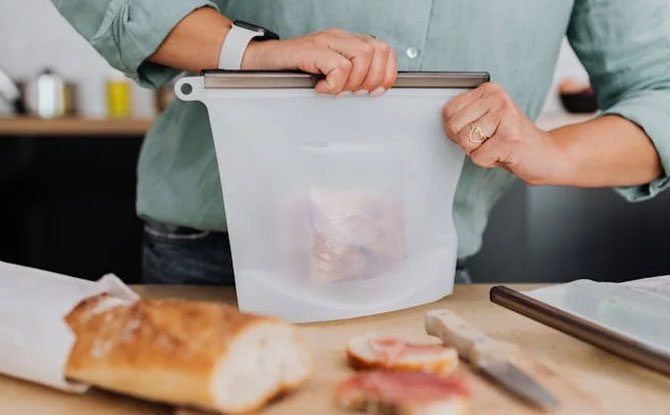
As the holiday season comes, using smart food waste prevention strategies is key. These strategies make our celebrations both fun and good for the planet. By planning, shopping wisely, and understanding food expiration, we can cut down on waste.
Proper storage and using your freezer to keep food fresh is crucial. Also, donating extra food to shelters or food banks helps both you and those in need. It’s a win-win for everyone.
Composting is another great way to reduce waste. It turns food scraps into soil, helping gardens grow and reducing landfill waste. Combining these actions with eco-friendly celebrations can save resources and fight climate change.
Reducing holiday food waste needs a complete approach. By using these strategies, we can make our holiday season both joyful and sustainable. This way, we celebrate without guilt, making a positive impact that lasts long after the holidays. If you liked this article, you might like this one on: Smart Food Storage Tips to Cut Waste
